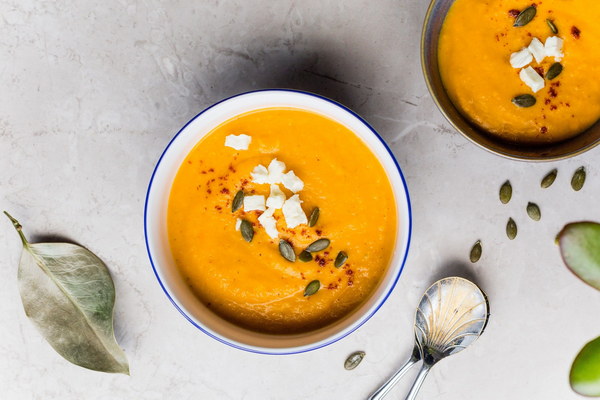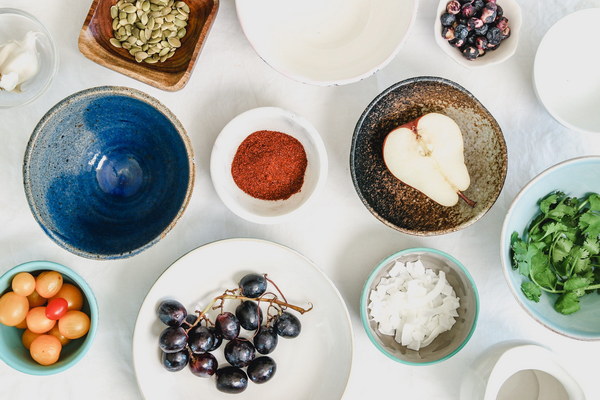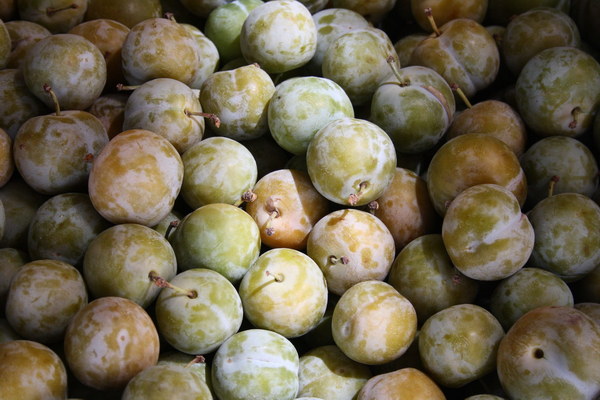Maximizing Health The Ultimate Guide to Caring for Cold Stomach in Women
Maximizing Health: The Ultimate Guide to Caring for Cold Stomach in Women
Introduction:
A cold stomach, also known as Chong Cold in traditional Chinese medicine, refers to a condition where the uterus is believed to be cold or weak, leading to discomfort and various health issues in women. Managing a cold stomach can be challenging, but with the right approach, it is possible to alleviate symptoms and improve overall well-being. This comprehensive guide will provide you with valuable insights on how to best care for a cold stomach in women.
Understanding Cold Stomach:
Before diving into the care and treatment options, it's essential to understand what a cold stomach entails. This condition is often associated with symptoms such as menstrual cramps, irregular periods, fertility issues, and even chronic pain. It's believed that a cold stomach can be caused by factors such as poor diet, stress, and exposure to cold environments.
1. Diet and Nutrition:
One of the most crucial aspects of caring for a cold stomach is to adopt a warm and nourishing diet. Here are some key dietary recommendations:
- Warm Foods: Incorporate warm, cooked foods into your meals to help warm your stomach. This includes soups, stews, and warm grains like rice and oats.
- Herbs and Spices: Use warming herbs and spices such as ginger, cinnamon, and turmeric, which have thermogenic properties.
- Avoid Cold Foods: Limit the intake of cold and raw foods, such as ice cream, salads, and fruits like watermelon and oranges, as they can exacerbate cold stomach symptoms.
- Balanced Diet: Ensure your diet is well-balanced, including a variety of fruits, vegetables, lean proteins, and healthy fats.
2. Lifestyle Changes:
Lifestyle modifications can significantly impact the management of a cold stomach. Consider the following tips:

- Regular Exercise: Engage in moderate exercise to improve blood circulation and warm the body. Activities like walking, yoga, and tai chi are particularly beneficial.
- Adequate Sleep: Ensure you get enough quality sleep, as it helps regulate your body temperature and supports overall health.
- Stress Management: Practice stress-reduction techniques such as meditation, deep breathing exercises, and mindfulness to prevent the body from becoming too cold.
3. Traditional Chinese Medicine:
Traditional Chinese medicine offers various treatments for cold stomachs, including:
- Acupuncture: This therapy involves inserting fine needles into specific points on the body to unblock energy pathways and warm the uterus.
- Herbal Medicine: Herbs such as angelica sinensis, cinnamon, and ginger can be prescribed to warm the body and alleviate cold stomach symptoms.
- Moxibustion: This technique involves burning moxa (a substance made from dried mugwort) near the skin to stimulate circulation and warmth.
4. Home Remedies:
Simple home remedies can also provide relief for a cold stomach:
- Warm Compresses: Apply a warm compress to your lower abdomen to help warm the uterus and ease cramps.
- Warm Baths: Take warm baths with added herbs like ginger or essential oils such as lavender to relax muscles and improve circulation.
- Ginger Tea: Brew a cup of ginger tea to help warm your stomach and provide relief from discomfort.
Conclusion:
Caring for a cold stomach requires a holistic approach that includes diet, lifestyle changes, and potentially traditional treatments. By following these recommendations, you can help alleviate symptoms and improve your overall well-being. Remember, it's important to consult with healthcare professionals before starting any new treatment or making significant changes to your lifestyle. With the right care, you can manage a cold stomach effectively and lead a healthier, more comfortable life.









